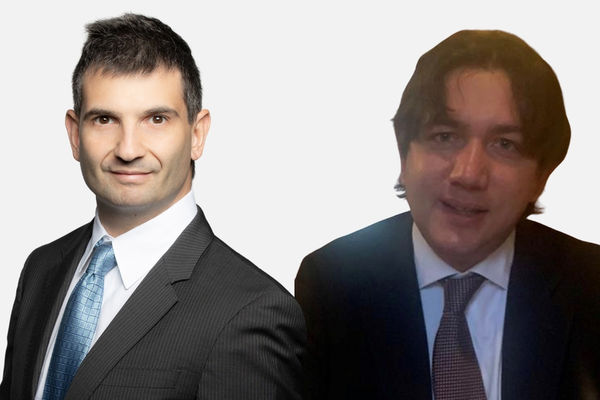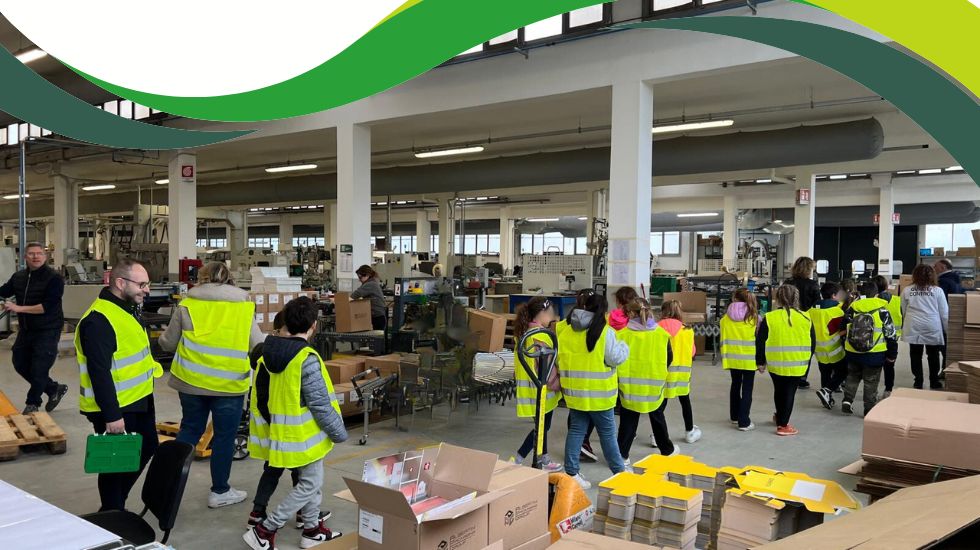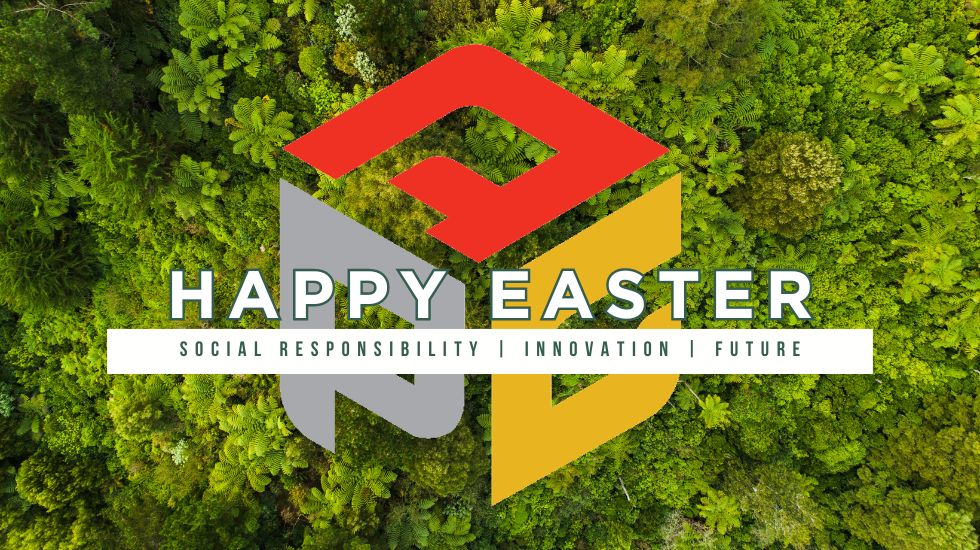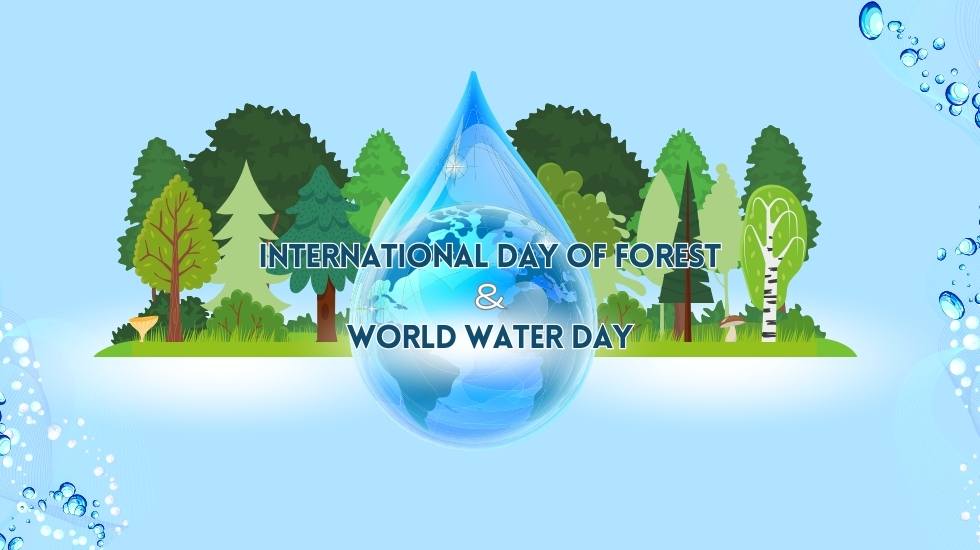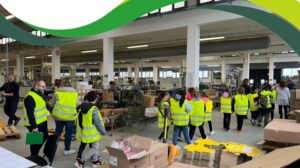Last week, Luxe Packaging Insight announced the signing of a commercial partnership between Knoll Printing & Packaging and Albertini Packaging Group for production at the Italian printing and packaging company’s site in Serbia. This week, we speak with Josh Cohen, Executive VP at Knoll Printing & Packaging and Albertini CEO Michal Norbert Sobieski about their collaboration plans for European made rigid boxes.
What motivated Knoll and Albertini to form this partnership?
JC: We are like-minded companies: we’re both family-owned and both manufacture high-end luxury goods packaging. From our perspective, Albertini is an ideal fit given their technical know-how and they bring the printing expertise we were looking for in Europe. With this development, we aim to bring to Europe what we learned in China: the production of a premium quality box, but with the added benefit of Albertini’s savoir-faire. On a broader level, I’d add that the partnership adds value, passion and a positive working environment.
MNS: The current trend to reshore production back to Europe means that we are experiencing dramatic growth at Albertini, and this will be further enhanced by our partnership with Knoll. In 2018 we founded a subsidiary in Belgrade specialized in rigid box production, and we now have a staff of 65 there; with the volumes we are expecting from this partnership, we are forecasting a staff of 100 by the end of 2022. Just as a reminder, Albertini Packaging Group’s historic know-how is in printing, so the embellishment is done in Italy, while the wrapping and the manual assembly component is in Serbia.
What are the financial details of the agreement?
JC: The commercial agreement stipulates that Albertini brings an investment in terms of location and staff, while Knoll’s investment is in terms of intellectual property and machinery.
Why is Knoll choosing to produce in Europe today?
JC: In the current market it’s essential to be able to regionalize our work and support our clients’ needs in Europe. There is a tremendous demand for European production, but this move is also about rebalancing from China.
MNS: There is also the ecological advantage of producing closer to the final markets, which as we all know is an essential asset today.
What makes Serbia attractive from a production standpoint?
MNS: We opened our Serbian subsidiary in 2018 for its geographic proximity [to Italy] and for the local workers’ degree of specialization. We were able to find staff that were already highly skilled in our niche sector, which was a welcome surprise. This know-how, coupled with lower labor costs, allows us to manufacture high-value rigid boxes that require a manual labor component. Thanks to our partnership with Knoll, we’re investing in new technologies that will reduce the manual component, which will also bring down costs.
What will the cost differential be between boxes made in China versus those produced in Serbia?
JC: I believe the best way to evaluate the cost is by the savings involved: the cost of freight and duty, the reduced CO2 emissions, and lead times… That’s what we’re offering by producing with Albertini.
What investments are you making at the Serbian site?
MNS: Our joint investment is in automation and technical upgrades that will allow us to produce different types of boxes both in terms of technical construction and aesthetics. The machinery will be in place by the third and fourth quarter of this year, and this includes the validation process. Production will begin in the first quarter of 2023 and we’re forecasting significant volumes, but I can’t give more details.
JC: This will help to ‘elevate’ different styles of packaging within our niche. Imagine taking a premium box that we produce by hand today and be able to make it automatically while offering the same level of quality and reducing the overhead.
How will this shift to Europe affect Knoll’s production in China?
JC: For us, this move is a rebalancing, but not an exodus in any way. In France we are seeing a significant number of clients wanting to leave China and produce closer to home, but our US clients want a balancing act. We don’t want to have all our eggs in one basket and this partnership allows us to balance the risk of where the work is produced globally. It’s a pivot that is allowing us to bring the knowledge we’ve gained in China back to Europe.
Read also: Knoll Packaging and Albertini Packaging Group Form Commercial Partnership Agreement

